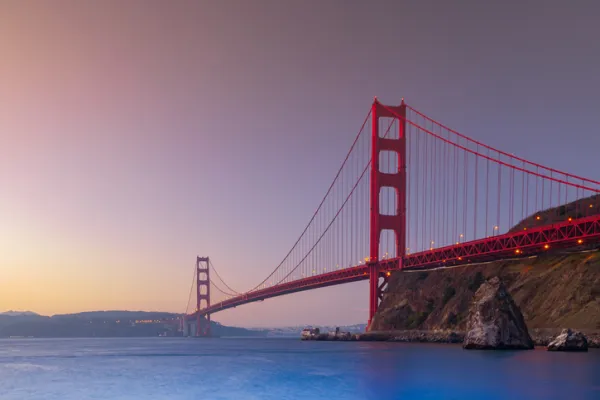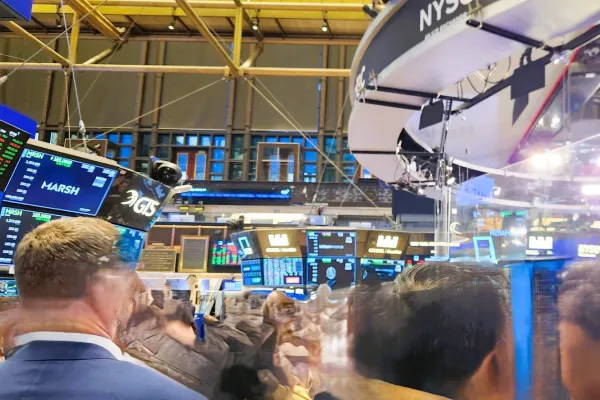In early April an overseas investor paid $56 million for a 95 percent interest in a 12-story, 150,000-square-foot office building at 1090 Vermont Avenue, five blocks from the White House. The structure is not particularly remarkable, nor is the fact that the new owner is from offshore.
What did spark interest was the source of the foreign capital: Japan. Mitsui Fudosan America, the U.S. subsidiary of Tokyo-based real estate company Mitsui Fudosan Co., bought the Washington building. The company had not invested in U.S. properties since 1991, when it developed San Francisco's historic 505 Montgomery Street in the financial district. (Mitsui sold the property in 1999.)
"In the 1990s the Japanese economy was troubled, and we had to restructure our U.S. and Japanese holdings," says Kosei Murakami, CEO of New York Citybased Mitsui Fudosan America. Now that the Washington deal has closed, he adds, "we are looking to invest in several more U.S. property markets."
Says Ryosuke Homma, president of Kenedix, a Tokyo Stock Exchangelisted real estate asset manager, "We would like to become a gatekeeper on behalf of Japanese institutional investors" looking to buy U.S. real estate.
Why the influx? Japan is at long last rebounding from recession; its own property market is becoming pricey; the weakening dollar can make U.S. real estate seem more of a bargain; and America remains a bastion of economic stability in an uncertain world. So even if U.S. property prices look toppy to indigenous investors, they can seem fair to Japanese buyers with long time horizons.
Beverly Hills, Californiabased Kennedy Wilson sold a 20 percent interest in its apartment management division to Kenedix for $9 million in January. The two companies formed a joint venture, KW Multifamily Management Group, to buy $400 million of U.S. apartment assets this year.
"Kenedix is basically gathering money for Japanese pension funds," says Robert Hart, CEO of the joint venture.
In April, KW Multifamily invested alongside Wachovia Securities in four West Coast apartment properties totaling 1,246 units. The value of the acquisitions plus planned upgrades is $150 million. Hart says an additional $100 million worth of acquisitions is going into contract.
So far the Japanese buying pattern -- looking for value, avoiding trophy properties -- doesn't hint at a replay of the 1980s. Then, flush Japanese investors snapped up one U.S. trophy property after another, emerging as a force in the market. Most infamous was Mitsubishi Estate Co.'s acquisition of interests in New York's Rockefeller Center beginning in 1985. Mitsubishi would ultimately invest about $1.9 billion for an 80 percent stake in the properties. That set off wild cries that the U.S. was selling off its crown jewels.
Not exactly, as it turned out. In the early '90s property bust, it became clear that several Japanese investors had bought at the top of the market. And as the Japanese economy slipped into a long decline, many had to unload U.S. properties, often at a big loss.
Given the run-up in U.S. commercial real estate values -- last year office properties sold at an average 14 percent more per square foot than in 2004 -- are Japanese investors again buying at the top of the market?
"They're being pretty cautious," says Timothy Welch, head of investment sales for Cushman & Wakefield, the New York Citybased real estate services firm. "They're concerned with where pricing is today. But their caution isn't different from that of most other prospective buyers." That makes a huge contrast with the '80s.





